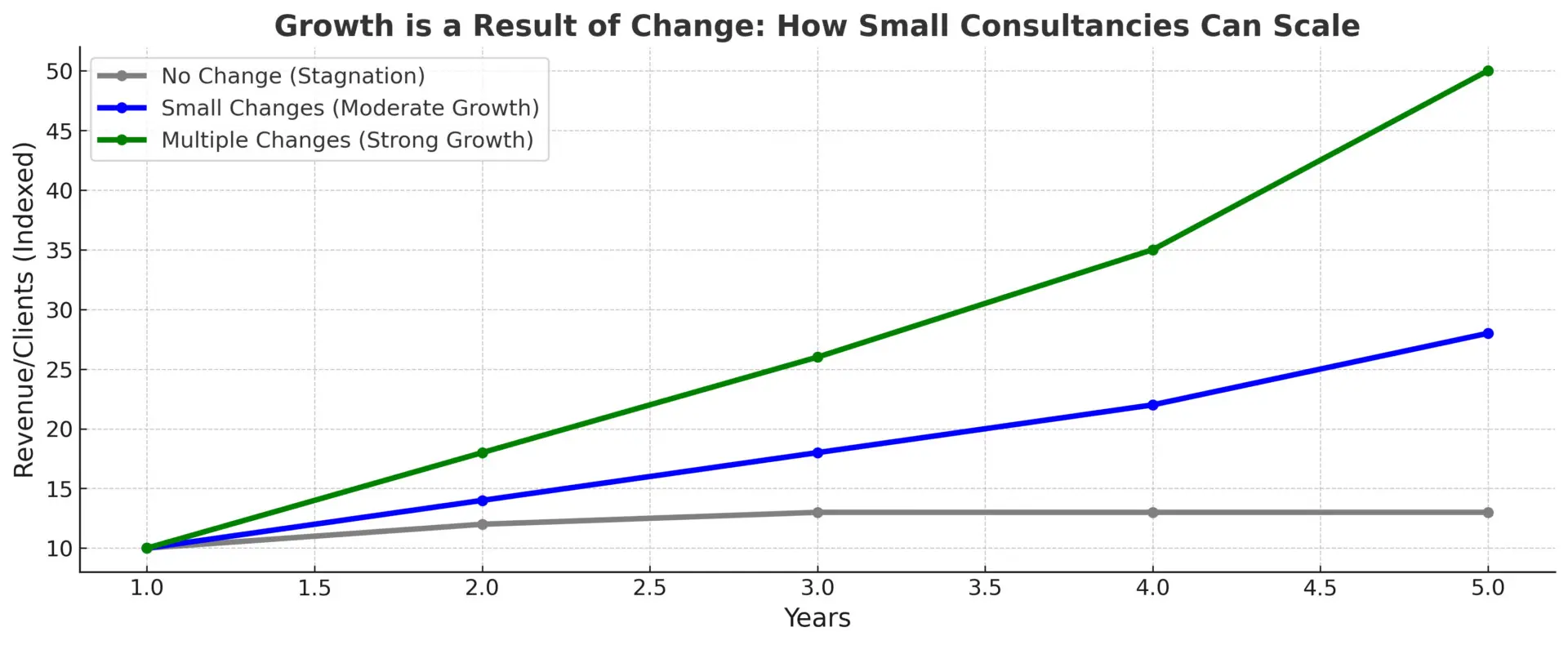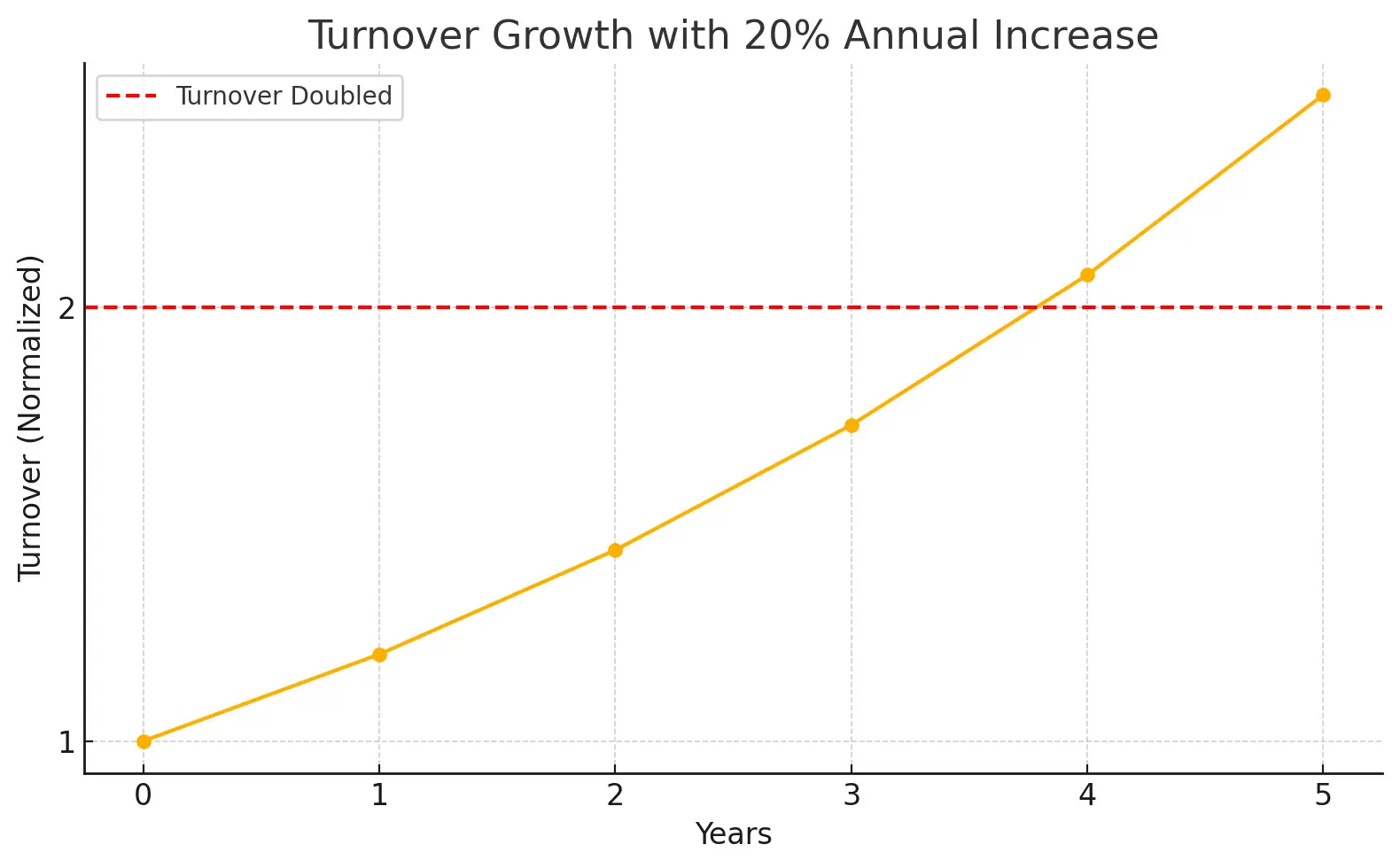
Blockchain technology has become a buzzword across industries, and real estate is no exception. Promising enhanced transparency, fraud prevention, and operational efficiency, blockchain could transform how transactions are conducted. However, as principals of real estate agencies, adopting such technologies comes with a responsibility: ensuring compliance with the General Data Protection Regulation (GDPR).
The research paper Blockchain Technology in Real Estate: Potential Future and Challenges by Ammar Jreisat and Mehdi Mili sheds light on the potential of blockchain in real estate and the challenges posed by GDPR. Below, we break down the findings of this research and provide actionable advice tailored to real estate agency leaders.
Blockchain offers unique advantages for real estate:
These benefits make blockchain a compelling tool for agencies looking to modernize operations and build trust with clients.
While blockchain’s decentralized and immutable nature brings advantages, it also conflicts with GDPR in key areas:
Start Small with Hybrid Models
Blockchain doesn’t have to be an all-or-nothing solution. Use a hybrid approach:
Example: Instead of storing full tenant profiles on the blockchain, only store a hash (a secure reference) while the actual data is kept offline.
Implement Smart Contracts for Consent
Smart contracts can automate GDPR-compliant consent management:
Tip: Work with legal and IT teams to design consent flows that meet GDPR requirements while remaining user-friendly.
Focus on Data Minimization
Before integrating blockchain, evaluate what data is essential:
Actionable Step: Conduct a data audit to ensure all collected information is necessary for the specific transaction.
Enhance Transparency Without Exposing Data
Transparency is a double-edged sword. While blockchain makes transaction histories open and verifiable, it can also risk exposing sensitive details.
Solution: Employ encryption and tokenization to protect personal data while maintaining visibility for necessary stakeholders.
Example: A landlord can verify a tenant’s payment history without accessing personal details like bank account numbers.
Prepare for Cross-Border Transactions
Real estate often involves international buyers and investors, raising complexities in GDPR compliance. Use localized nodes or servers for data storage to meet the requirements of different jurisdictions.
Tip: Partner with blockchain providers familiar with GDPR and regional privacy laws to ensure compliance.
By aligning blockchain adoption with GDPR requirements, you achieve:
While the initial investment in compliance and technology integration may seem daunting, the long-term benefits—both operationally and reputationally—make it worthwhile.
As a principal, your role is to steer your agency toward innovation without compromising on legal and ethical obligations. Blockchain is not a magic bullet but a powerful tool when implemented thoughtfully. By addressing GDPR concerns upfront, you can create a modern, efficient, and trusted real estate agency.
Start by evaluating your agency’s readiness for blockchain. Collaborate with IT specialists and legal advisors to ensure compliance. The future of real estate is here—embrace it responsibly.
Legal challenges and opportunities of blockchain technology in the real estate sector
Jreisat, A., Mili, M. (2024). Blockchain Technology in Real Estate: Potential Future and Challenges. In: Jreisat, A., Mili, M. (eds) Blockchain in Real Estate. Palgrave Macmillan, Singapore. https://doi.org/10.1007/978-981-99-8533-3_1


